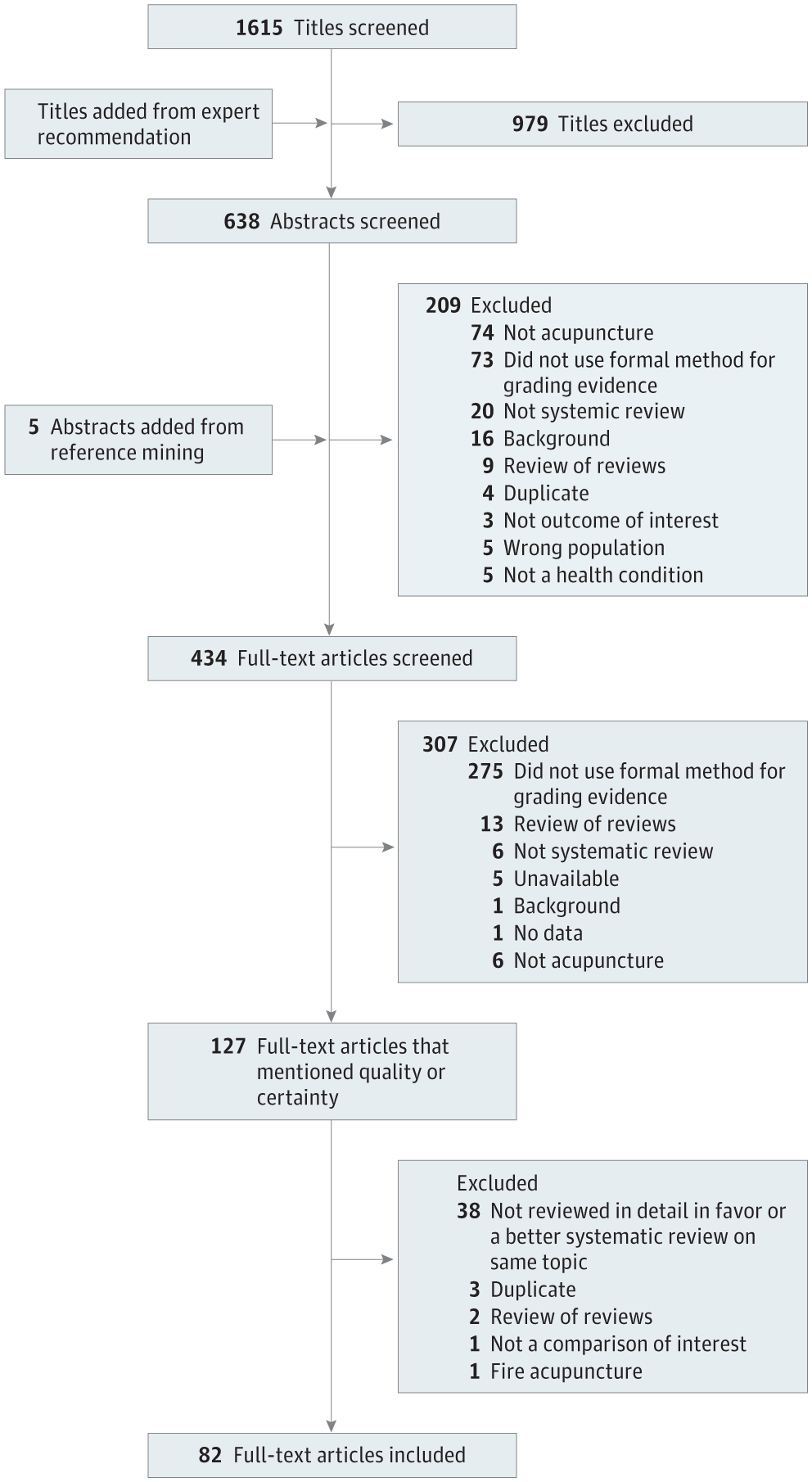I remember Goro having a post recently about how DO schools could be doing way more research on stuff, especially the cranial. I certainly think there is validity in pretty much ANYTHING being an effective treatment for depression, anxiety, etc, as the brain is our most nebulous organ and can basically do anything. I mean, technically we could wake up in a different reality where squares are now somehow triangles.
Haha!
I actually have a local DO right around the corner from me who is an OMM-focused practice, I have been meaning to go in and pick their brain if at all possible. Although I fear they may be a True Believer but who am I to judge!
I think we did forget to tack on that DO is an advantage if you plan to start an OMM practice, one less thing you have to find training for as an MD! (See how I am keeping this on topic

? )



